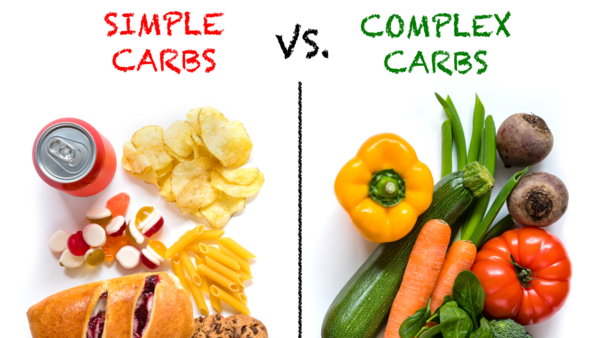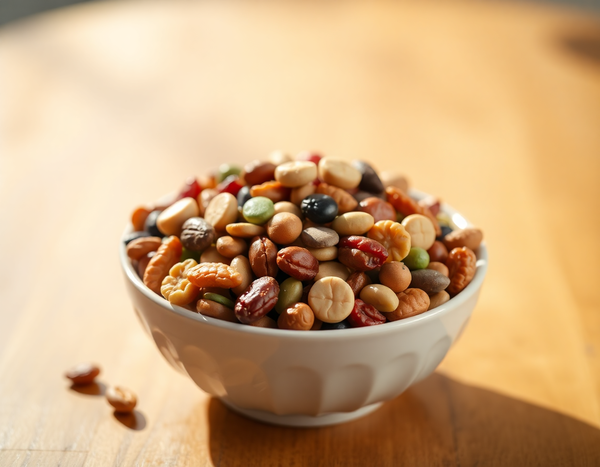We’ve all heard mixed messages about fats. Are they all harmful? Should we avoid them at all costs? The truth is, that not all fats are created equal, and some fats are healthy and essential for our body’s well-being. Eating the right kinds of fats in the right amounts can support heart health, and brain function, and even keep us feeling fuller for longer. Here is why our body needs fat, how to distinguish good fats from bad, and what science says about making fats a healthy part of our diet.
Does our body really need fat?
The answer is yes—our body requires fat! Fats are essential for our health because they can fulfil functions that other nutrients cannot. They provide a rich energy source, aid in the formation of cell membranes, and assist the body to absorb fat-soluble vitamins such as A, D, E, and K. According to the National Institutes of Health (NIH), without a proper diet of good fats, the body struggles to maintain these vital processes, resulting in shortages and general health difficulties.
Fats are very much important for brain health. Research published in The Lancet shows that omega-3 fats, a type of good fat, support brain function, reduce inflammation, and may help prevent cognitive decline as we age. So, while it’s often associated with weight gain, fat is essential for keeping our body and mind in balance.

Good fat vs bad fat: What’s the difference?
Understanding the difference between good and bad fats can help us make healthier dietary choices. Good fats, or unsaturated fats, include monounsaturated and polyunsaturated fats, which can lower bad cholesterol (LDL) and reduce the risk of heart disease. Examples of good fats are found in olive oil, nuts, and fatty fish.
Bad fats, on the other hand, are largely trans fats and high levels of saturated fat. Trans fats are included in many processed foods and have been linked to higher LDL cholesterol levels and an increased risk of heart disease, according to the American Heart Association (AHA). Saturated fats, such as butter, red meat, and cheese, should be consumed with a limit. While it is believed that not all saturated fats are equally detrimental, the USDA recommends limiting saturated fat intake to less than 10% of daily calories.
Why good fats are important for heart health
One of the standout benefits of good fats is their positive effect on heart health. A study by the American Heart Association found that diets rich in monounsaturated and polyunsaturated fats can reduce the risk of heart disease by improving cholesterol levels and reducing inflammation. Omega-3 fatty acids, a type of polyunsaturated fat, have shown particular benefits. They can be found in fatty fish and are known to reduce triglycerides and blood pressure, two critical factors for heart health.

A mix of nuts, seeds, and dried fruits are combined in a bowl, ready for a healthy snack.
The role of fats in hormonal health and satiety
Fats do more than just provide energy and keep our hearts healthy—they’re also essential for hormone production. Fats help produce hormones that regulate many body functions, including metabolism, growth, and reproductive health. A study published in the journal “Nutrients” showed that diets deficient in healthy fats could disrupt hormonal balance, especially in women.
Healthy fats contribute to feeling full, which can help manage weight. Because fats are digested more slowly than carbohydrates or proteins, they provide a longer-lasting sense of fullness, reducing the urge to snack frequently.
Workout tutorial 3: How to do squats
How much fat should we include in our diet?
While fats are beneficial, it becomes so much more important to strike a balance. Around 20-35% of our daily caloric intake should come from fats, with an emphasis on healthy fats. Aim to fill most of this fat intake with sources like nuts, seeds, and olive oil while keeping saturated fats to a minimum and avoiding trans fats altogether.






